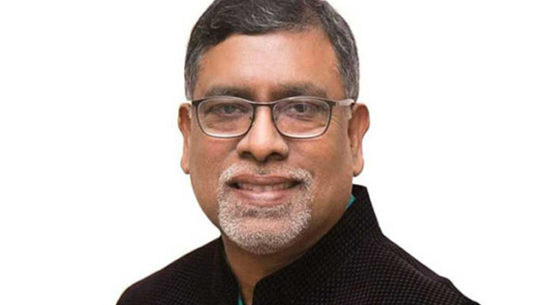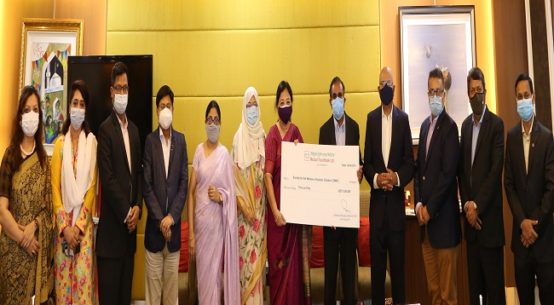As public university campuses have become heated with separate movements by teachers and students, the BNP is gearing up to escalate tensions in the political landscape with a series of anti-government street programmes focusing on three specific issues.
The BNP policymakers at their recent meeting proposed announcing action programmes protesting widespread corruption and anti-state MoUs with India alongside those demanding Khaleda Zia’s release, aiming to exert serious pressure on the government and garner public support.
The party has already observed a three-day programme in the capital city, as well as in all other cities and districts, demanding the unconditional release of its chairperson, Khaleda Zia.
Taking to reporters, a BNP standing committee member, wishing anonymity, said they think now is the right time to intensify the anti-government movement on the streets, aligning it with the ongoing protests by university students and teachers on campuses.
In their last meeting, he said some standing committee members proposed action programmes like demonstrations, human chains, sit-ins and rallies in Dhaka and all other cities, districts and upazilas on the three specific issues.
“However, the programmes have not yet been finalised. The programme is likely to be finalised in our next meeting on Monday. We’re trying to work out some more innovative and effective programmes,” the BNP leader said
As per their initial plan, he said BNP will observe the programmes demanding Khaleda’s release independently while the programmes against corruption and MoUs with India will be observed simultaneously with other opposition parties.
Another BNP standing committee member said their party’s some policymakers, during their last meeting, opposed announcing direct political programmes against India and MoUs with the country due to geopolitical considerations. “They also prefer that BNP does not launch the movement on a full scale until September, considering the rainy season and flooding in some areas.”
He also said most policymakers, however, argued that their movement is directed against the ruling party, not against India.
Earlier, the party observed a three-day programme–on January 29 in Dhaka, July 1 in all other metropolitan cities, and July 3 in all district headquarters, demanding the unconditional release of its Chairperson Khaleda Zia.
While the party was able to conduct the programme peacefully in metropolitan cities, it faced obstructions and attacks in some districts.
In such a situation, BNP policymakers on Monday will discuss extensively whether their programmes will be confined to metropolitan cities or extended to all unions.
Party insiders said the BNP high command has already taken opinions from party leaders at various levels regarding the new movement, and most of them recommended announcing nationwide programmes to revitalise the grassroots leaders and workers.
When contacted, BNP standing committee member Gayeshwar Chandra Roy said their party will continue their movement for Khaleda Zia’s release until their demand is fulfilled. “We’ll also remain active on the streets with various public issues. The ultimate decision on our future course of action will be made in our next meeting.”
In a press conference on Saturday, BNP Secretary General Mirza Fakhrul Islam Alamgir also announced that the party’s standing committee members will decide on the party’s future action programmes at their next meeting.
BNP Joint Secretary General Syed Emran Saleh Prince said most leaders of their party are in favour of taking to the streets to protest against ‘unequal’ MoUs with India and widespread corruption, alongside the movement for their chairperson’s release.
“We hope our policymakers will make the right decision, taking into account the sentiments of the party rank and file,” he said.
Another BNP Joint Secretary General Shahiduddin Chowdhury Anee said their party will continue their street programmes on various issues in addition to pressing their demand for Khaleda’s release.
He also said their party standing committee will work out the programmes considering the potential inclement weather and flooding in some areas of the country.


